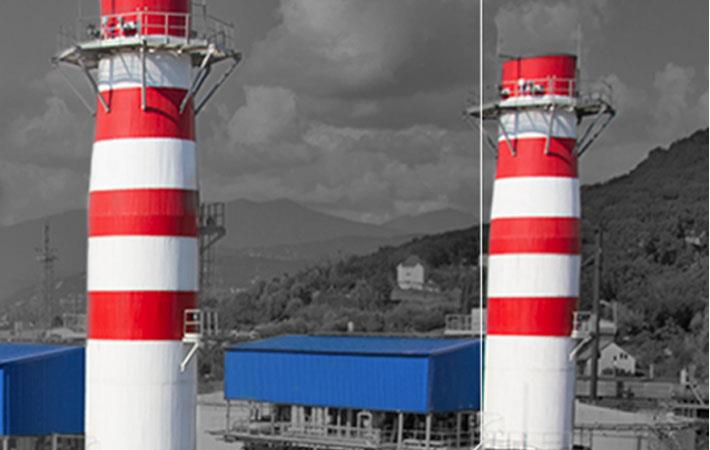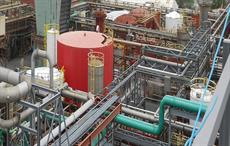
Organic sales growth was 3.6 per cent in the PM segment driven primarily by improved sales of filtration products. The Technical Nonwovens (TNW) segment reported organic sales growth of 1.5 per cent from improved demand for industrial filtration products, partially offset by lower advanced materials sales. The Thermal Acoustical Solutions (TAS) segment reported a 1.5 per cent reduction in organic sales primarily from reduced parts sales in North America, said Lydall in a press release.
Gross margin was 19.3 per cent compared to 20.6 per cent in the first quarter of 2018. The PM segment favourably impacted consolidated gross margin by approximately 300 basis points due to higher gross margin Interface sales, which was offset primarily by the TAS segment and to a lesser extent, the TNW segment. The TAS segment gross margin was negatively impacted by increased material and labour expenses and unfavorable product mix. The TNW segment gross margin was negatively impacted by product mix and commodity inflation, which was partially offset by improved customer pricing.
Net income was $3.9 million, or $0.22 per diluted share, compared to $11.1 million, or $0.64 per diluted share in Q1 2018.
“We reported consolidated sales growth of nearly 14 per cent, driven by the acquired Interface business. Organic sales growth was 1.1 per cent, led by 3.6 per cent from the Performance Materials segment. The Interface business was accretive to the PM segment’s gross margin, but weakness in Interface’s sealing products end markets, combined with lower gross margin from the Thermal Acoustical Solutions and the Technical Nonwovens segments, resulted in consolidated adjusted EBITDA being modestly above the first quarter of 2018. We are, however, pleased that the Thermal Acoustical Solutions segment continued its trend of sequential quarterly improvement in parts gross margin,” said Dale G Barnhart, president and chief executive officer, Lydall.
“We had strong cash generation from operations of over $14 million during the quarter, a significant improvement from first quarter 2018, which allowed us to pay down $7 million of outstanding borrowings on our credit facility and fund capital investments,” added Barnhart.
“As we enter the second quarter, demand remains generally steady in the TAS and the TNW segments. In the PM segment, we are continuing to experience stable conditions in filtration markets, but we expect weakness to persist in the sealing products end markets during the quarter. EBITDA will be favorably impacted by the Interface acquisition, and we anticipate continued operational improvements in TAS and seasonally higher sales in TNW to drive incremental EBITDA compared to the first quarter. We remain focused on cost control and margin improvement plans across the businesses as well as working capital initiatives to enhance cash flow generation,” said Barnhart. (PC)
Fibre2Fashion News Desk – India

